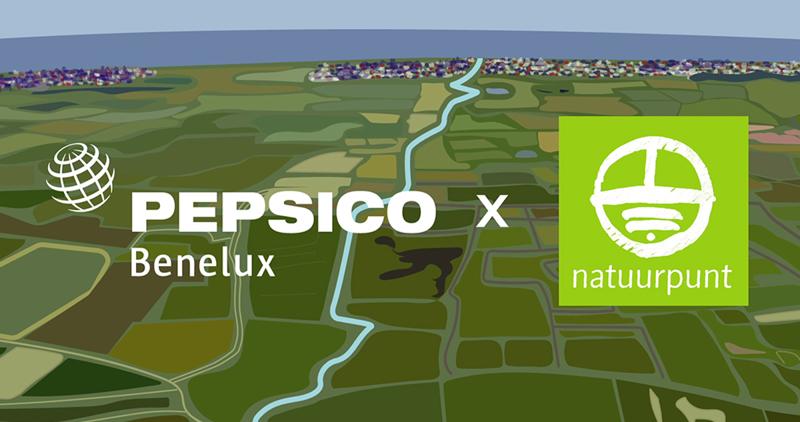When Geert Martens moved across Belgium to settle in the coastal town of Veurne, he knew his binoculars would be put to good use. A small city in the Flanders region that sits at the junction of four canals, Veurne is home to world-renowned waterbirds — and Martens, a health, environment and safety coordinator at PepsiCo’s Veurne Snack Foods plant, has been an avid birdwatcher since childhood. In his downtime, Martens volunteers as a local nature guide in Veurne, teaching people about everything from how herons hunt for small fish to where to spot an eagle owl.
“Birds are fascinating,” he explains. “They are keenly aware of dangers — for example, the moment you notice all the smaller birds are gone, you know there’s a bird of prey nearby.”
Sadly, the birds of Veurne, as well as those across the rest of Belgium’s Flanders region, are facing a growing danger they won’t be able to fly away from. The area has low levels of freshwater, the result of climate change and intensive agriculture projects that have taken place over many decades. This water shortage has impacted not only scores of native and migratory birds, but also farmers and residents. For farmers, the consequences have been especially dire: Livestock have died from drinking water contaminated by salt, and crop yields have been reduced. For residents, water-use restrictions have become part of daily life. Freshwater scarcity is a growing problem globally as well. According to the World Wildlife Foundation, two-thirds of the world’s population may face water shortages by 2025, which could lead to disease, diminished food resources and destroyed ecosystems.
